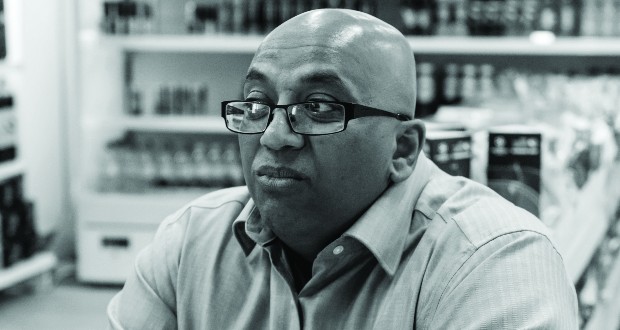I first contacted my bank back in March and explained that although trading at my store in Northampton has been fairly good, I was worried I might eventually run out of cash flow – what with extra staff, furloughed workers and other outstanding bills. Also, if my wife and I had to go into isolation due to coronavirus, I was concerned we may have to close the business, so I wanted to put a contingency in place.
The initial response from my bank was alarming, as I was told the loans were only for businesses that had shut, or where trading was significantly down. At the start of April, I was eventually sent a huge bundle of information about the scheme, along with a plea to “bear with us” due to the “high volume of enquiries and subsequent applications” they were working through. I was also asked to provide a mass of information, including trading accounts, forecasts, wage costs, any special credit agreements I had come to with suppliers. With all those details, I may as well have asked for a standard commercial loan. Not exactly what you need when you’re looking for a lifeline!
Eventually, my bank agreed to an £85,000 loan – not the £125,000 I had requested – based on the fact that this year’s accounts had not been finalised (this was due to coronavirus restrictions). In all honesty, it’s a bit late for this loan now, and we have managed by injecting extra personal cash into the business. And in any case, we are still awaiting the terms of this loan – it will be interesting to see what interest rate they want to charge.
We really could have done without all this additional grief and delay, especially when there is so much instability in the market anyway. While the intention behind the scheme may have been good, the reality truly failed to match up.
By Jimmy Patel
 Talking Retail Grocery and product news for independent retailers
Talking Retail Grocery and product news for independent retailers






